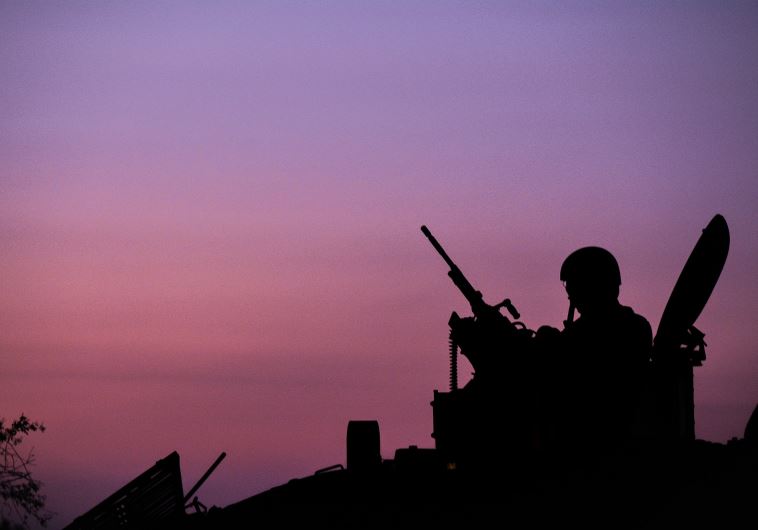Vote on releasing 2014 Gaza war comptroller report delayed
Leaked security cabinet transcripts reveal Bennett pushing for attack and Ya’alon urging caution
 IDF soldiers take part in Operation Protective Edge(photo credit: IDF SPOKESPERSON'S UNIT)Updated:
IDF soldiers take part in Operation Protective Edge(photo credit: IDF SPOKESPERSON'S UNIT)Updated: